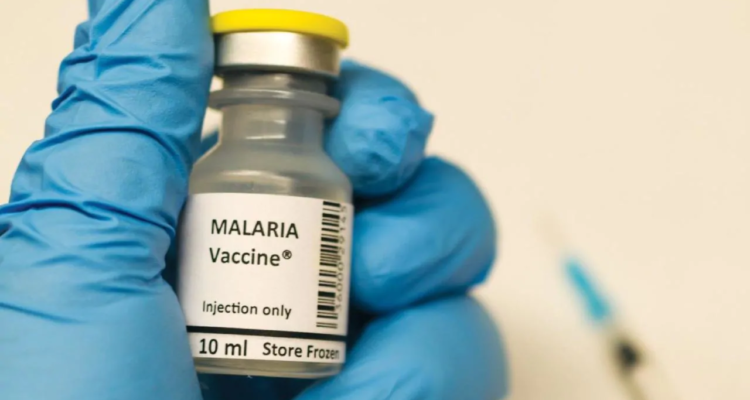
Malawi along with Ghana and Kenya have been invited to apply for support in rolling out the first ever malaria vaccine which will protect children against a disease that kills hundreds of thousands in Africa.
Gavi, the vaccine alliance, says the three countries should apply for this support by the 13th of September 2022.
The opening of the application window follows the World Health Organisation’s recommendation for a wider routine use of the RTS,S/AS01 malaria vaccine in October 2021 and a subsequent decision by the Gavi Board in December 2021 to approve an initial investment of US$ 155.7 million for the 2022–2025 period.
In recognition of the technical requirements of rollout, and the need to provide tailored support to countries, a first application window, which closes on 13 September 2022, will be limited to the three countries that have taken part in the vaccine’s multi-year pilot programme: Kenya, Ghana and Malawi.
“The work towards a malaria vaccine has been long and hard,” said Gavi CEO Dr Seth Berkley. “Alongside existing interventions, this new tool will allow us to save more lives in countries hit hardest by this killer disease”.
A second window, which opens at the end of the year and closes in January, is open to other countries with moderate to high transmission of Plasmodium falciparum malaria. These countries are allowed to submit expressions of interest (EoIs) during the first funding window to signal interest and provide them with the needed support to submit quality applications.
The Alliance and other partners will also work with countries to provide orientation and technical assistance to ensure quality planning and country readiness in view of future application windows. Applications will be reviewed by the Gavi Independent Review Committee (IRC), and successful applicants will then have a period of implementation planning support before rollout.
The introduction of the RTS,S/AS01 malaria vaccine builds on successful implementation pilots and will be the first ever widespread malaria vaccination programme. Alongside currently recommended malaria control interventions – and alongside these existing protections, it could help drive down child mortality in Africa, the continent that bears the heaviest malaria burden. More than 260 000 African children under the age of five years old die from malaria annually, and six Gavi-eligible countries account for 50% of global mortality.
“One child dies of malaria every minute in Africa, and we must do everything possible to stop this trend. The new funding opportunity will make the world’s only malaria vaccine more accessible to African children. If delivered to scale, the vaccine will help to prevent millions of cases of malaria, save tens of thousands of lives and ensure a brighter future for the continent,” said Dr Matshidiso Moeti, WHO Regional Director for Africa.
Follow us on Twitter:














